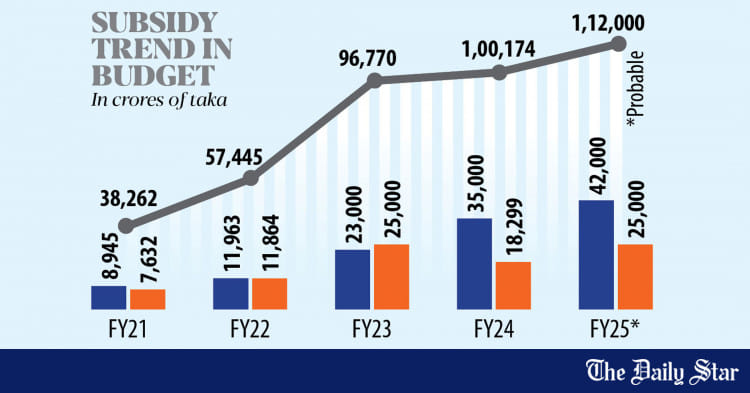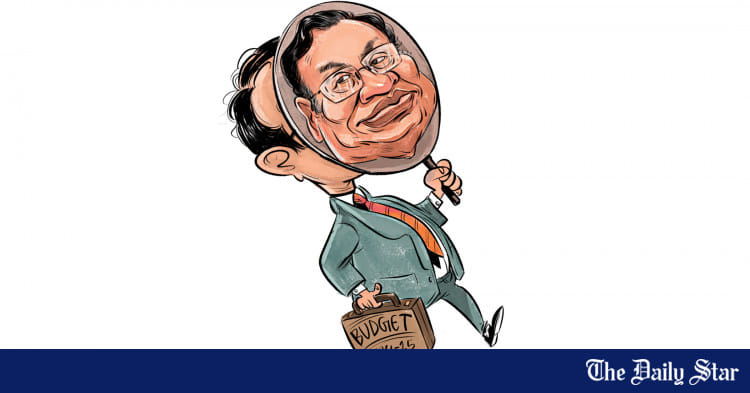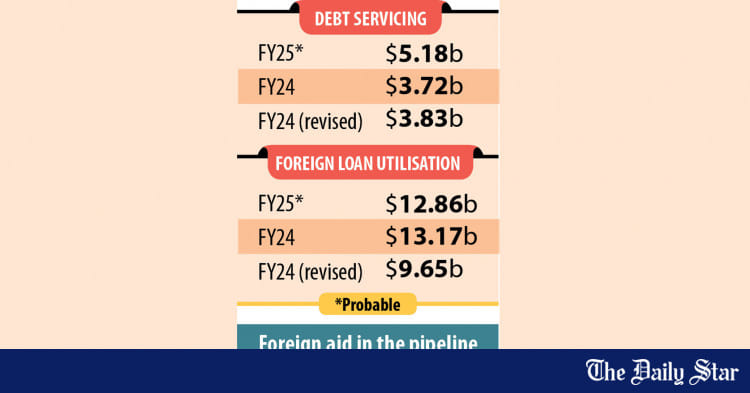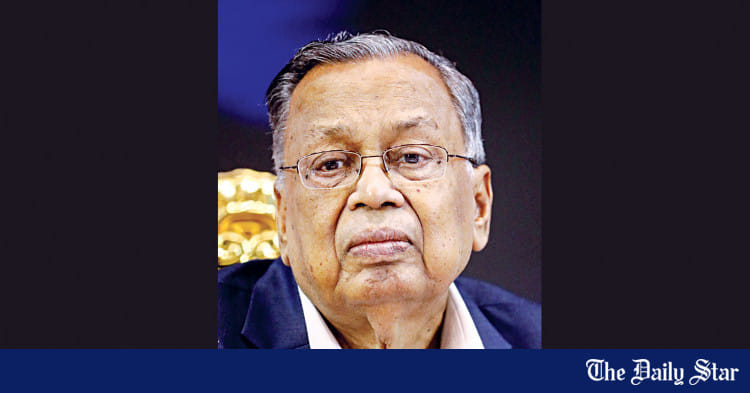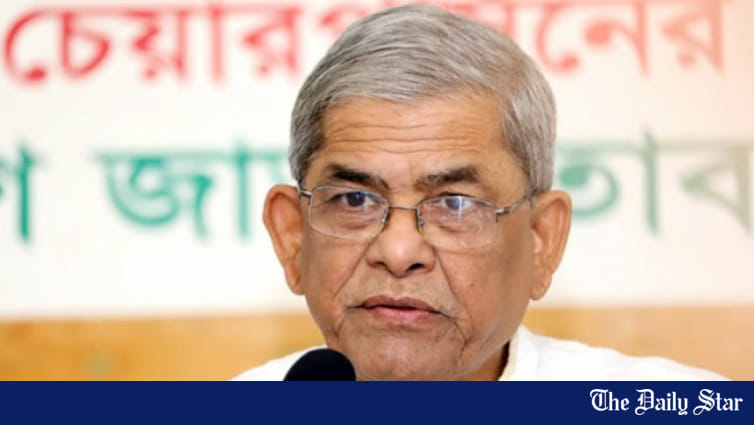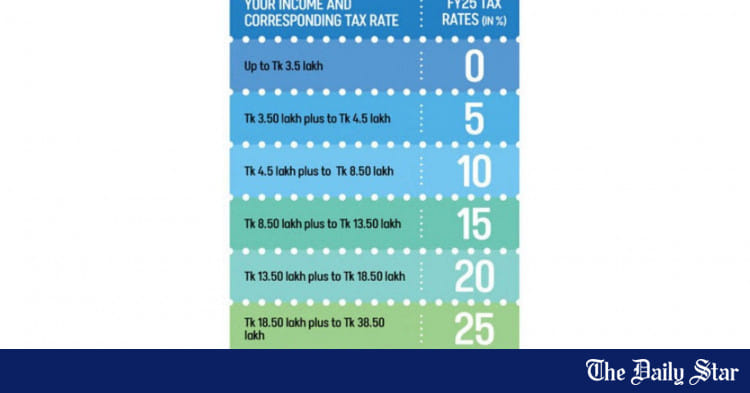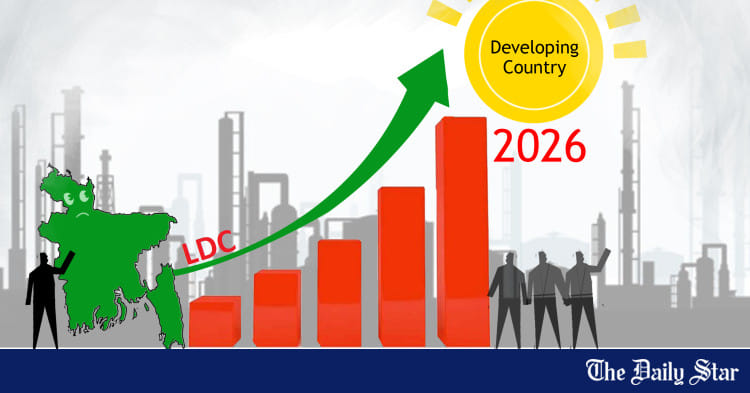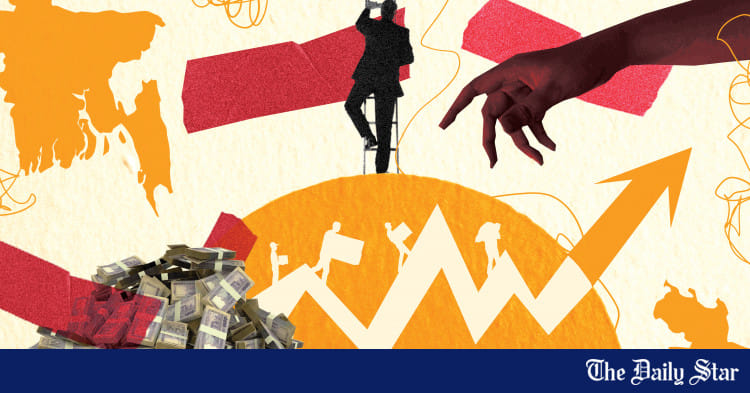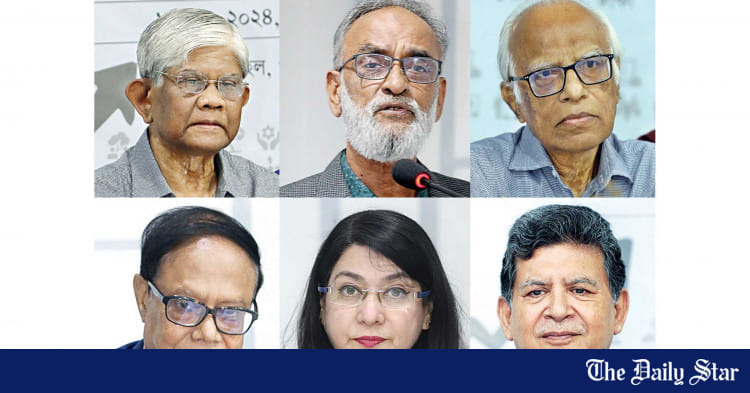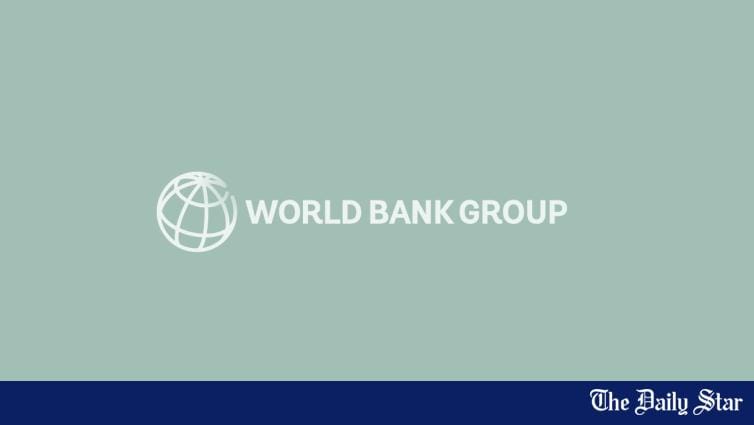- Copy to clipboard
- Thread starter
- #151
Saif
Senior Member
- Jan 24, 2024
- 11,686
- 6,563
- Origin

- Residence

- Axis Group

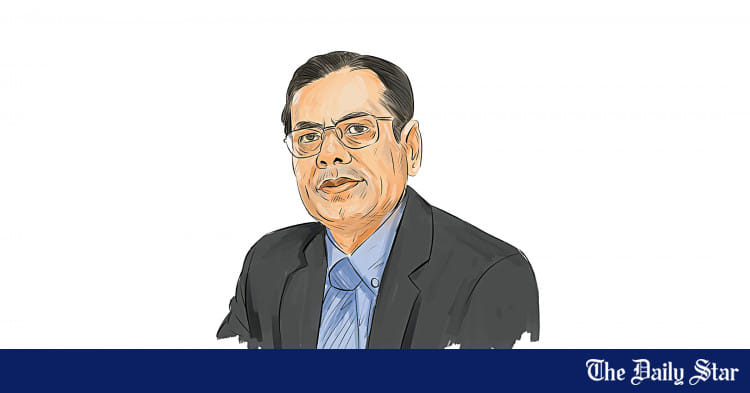
Govt not using full strength to restore macroeconomic stability
The government is not moving at full throttle in bringing discipline to the banking sector, implementing reforms wholeheartedly, taking measures against syndication, and bringing money launderers under the rule of law, said a top economist.
Govt not using full strength to restore macroeconomic stability

Mustafizur Rahman, distinguished fellow of CPD
The government is not moving at full throttle in bringing discipline to the banking sector, implementing reforms wholeheartedly, taking measures against syndication, and bringing money launderers under the rule of law, said a top economist.
Mustafizur Rahman, a distinguished fellow at the Centre for Policy Dialogue (CPD), said the government is taking various steps and embracing reforms to mitigate challenges in the economy and lower inflation.
"My concern is that they are not going at full strength. They are going one step forward, two steps backward," he added.
"I see half-hearted initiatives, but taking the steps to its logical conclusion is not there because that will hurt a number of people. Whether it will harm those people is at the end of the day a political decision."
According to Rahman, macroeconomic management, good governance, reforms, and zero tolerance to all forms of anomalies will be required if the upcoming budget is to achieve its objective of macroeconomic stability and bringing down inflation.
The former professor of accounting said the budget should look at the pressure heaped on marginalised groups, fixed-income groups and low-income people, and how they can be helped through budgetary allocations, fiscal policies and fiscal incentives.
He requested the government go a bit slow on transport infrastructure. However, the priority should be to complete ongoing projects rather than taking up new ones.
To read the rest of the news, please click on the link above.
Mustafizur Rahman, distinguished fellow of CPD
The government is not moving at full throttle in bringing discipline to the banking sector, implementing reforms wholeheartedly, taking measures against syndication, and bringing money launderers under the rule of law, said a top economist.
Mustafizur Rahman, a distinguished fellow at the Centre for Policy Dialogue (CPD), said the government is taking various steps and embracing reforms to mitigate challenges in the economy and lower inflation.
"My concern is that they are not going at full strength. They are going one step forward, two steps backward," he added.
"I see half-hearted initiatives, but taking the steps to its logical conclusion is not there because that will hurt a number of people. Whether it will harm those people is at the end of the day a political decision."
According to Rahman, macroeconomic management, good governance, reforms, and zero tolerance to all forms of anomalies will be required if the upcoming budget is to achieve its objective of macroeconomic stability and bringing down inflation.
The former professor of accounting said the budget should look at the pressure heaped on marginalised groups, fixed-income groups and low-income people, and how they can be helped through budgetary allocations, fiscal policies and fiscal incentives.
He requested the government go a bit slow on transport infrastructure. However, the priority should be to complete ongoing projects rather than taking up new ones.
To read the rest of the news, please click on the link above.

